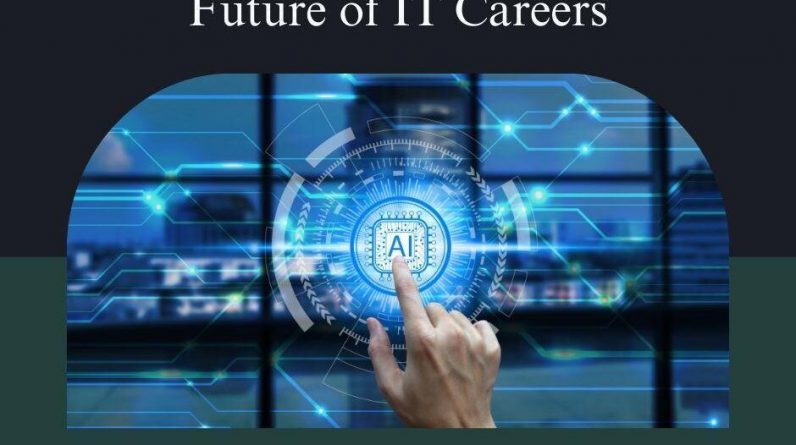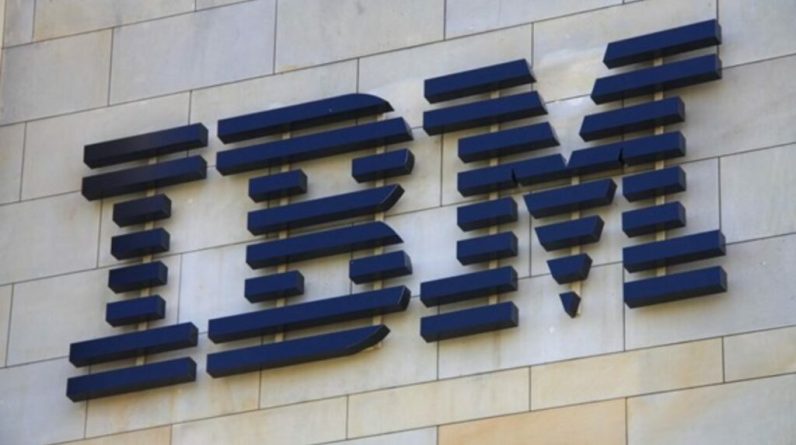
In today’s world of rapid technological advancement, technology professional Rajesh Kamisetty from a leading global analytics firm presents groundbreaking research on how artificial intelligence is reshaping IT careers and workforce dynamics. His comprehensive study, published in the International Journal of Scientific Research in Computer Science, reveals key insights into the evolving relationship between AI technology and the global workforce.
The AI Market Surge
The artificial intelligence market demonstrates unprecedented expansion, with its value nearly doubling from USD 93.27 billion to USD 184.04 billion in 2024. Industry experts project this growth trajectory to accelerate, reaching an impressive USD 826.73 billion by 2030. This remarkable advancement is catalyzing fundamental changes across global industries, with particularly profound impacts on labor markets and business automation. The transformation extends beyond mere technological upgrades, revolutionizing traditional business models and operational frameworks. In software development and IT operations, AI is introducing innovative approaches to problem-solving, automated decision-making, and system optimization. This evolution is creating entirely new paradigms in how businesses operate, how work is performed, and how value is created, marking a significant shift from conventional business practices to AI-enhanced operations that promise greater efficiency, accuracy, and scalability.
Reshaping Traditional Roles
The integration of AI technologies is reshaping the IT employment landscape, influencing both job roles and their volume. Traditional roles focused on routine coding, testing, and system maintenance are gradually diminishing as automation takes center stage. Simultaneously, new opportunities are emerging in AI development, machine learning, data analytics, and specialized technical domains. This transformation transcends task automation, enabling smarter decision-making and fostering innovative problem-solving approaches. By driving advancements in areas such as predictive modeling, natural language processing, and intelligent systems, AI is creating a dynamic, adaptive, and increasingly sophisticated IT ecosystem.
The Human-AI Collaboration
The rapid advancement of AI systems has shifted the spotlight toward roles that emphasize distinctly human capabilities, such as critical thinking, creativity, and emotional intelligence. As automation handles repetitive tasks, success in the evolving tech landscape now hinges on professionals who combine technical expertise with strategic thinking and innovative problem-solving. Emerging roles like AI ethics officers, algorithmic auditors, and human-centered AI designers demonstrate the growing demand for nuanced human judgment. These positions, which address ethical dilemmas and ensure algorithmic fairness, underscore the irreplaceable value of human insight in the age of intelligent systems.
Skills for Future Success
The shift toward AI-driven workplaces emphasizes the need for professionals to balance technical expertise with strong interpersonal skills. Success in this environment relies on continuous learning, leveraging platforms like certifications, bootcamps, and in-depth workshops to stay updated on cutting-edge technologies. The demand for versatile individuals capable of merging IT proficiency with domain-specific knowledge is growing, fostering a new breed of adaptable experts. These professionals excel in multidisciplinary collaboration, critical thinking, and innovation, enabling them to navigate the complexities of rapidly evolving technologies and contribute effectively to the dynamic challenges of AI-integrated industries.
Emerging Opportunities
While automation may displace certain traditional roles, new career paths are emerging. Roles centered on AI development, data science, and machine learning engineering are experiencing significant growth. The industry particularly values professionals who can act as translators between technical and business domains, possessing strong cross-cultural leadership and team management skills.
Ethical Considerations and Policy Impact
The integration of AI demands careful attention to ethical considerations and comprehensive policy frameworks. Organizations and governments must establish clear guidelines for responsible AI implementation, balancing technological advancement with workforce protection. This includes addressing displacement concerns while fostering opportunities for professional development and adaptation in our rapidly evolving digital landscape.
In conclusion, the future of IT careers hinges on effectively utilizing AI as an augmentation tool rather than viewing it as a replacement for human capabilities. Success in this dynamic environment demands a proactive approach to skill development, coupled with adaptability and a deep understanding of human-AI collaboration. As Rajesh Kamisetty emphasizes in his research, the key to thriving in the AI-driven future lies in the dual development of uniquely human skills and technical expertise, positioning professionals to navigate and excel in the evolving landscape of job design.






